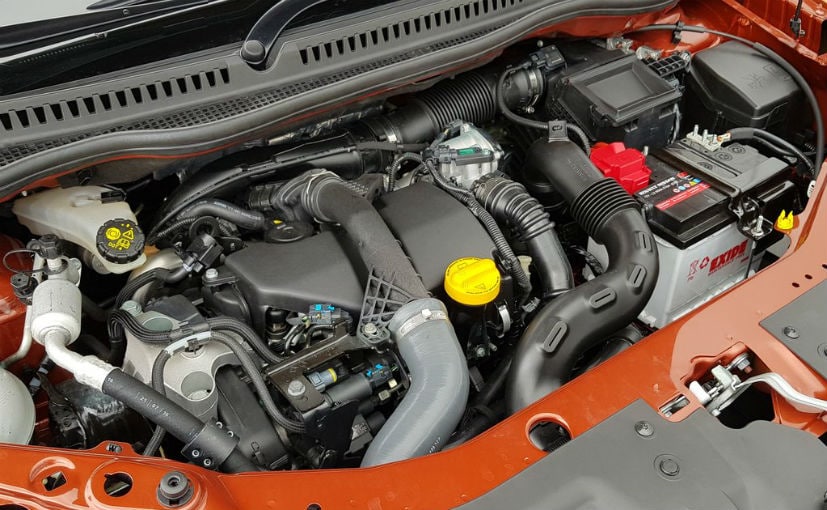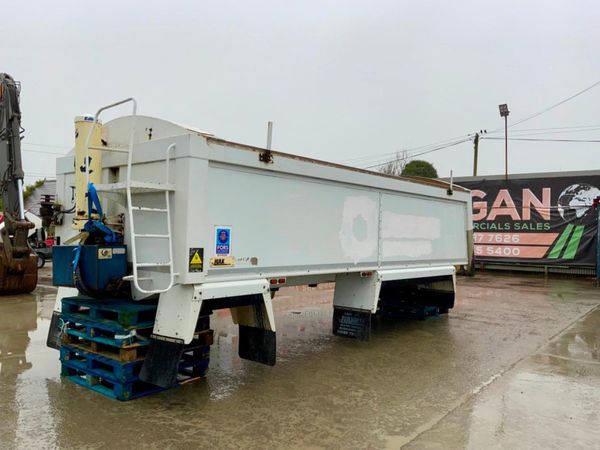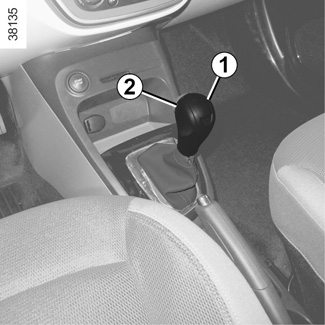Renault Captur Automatic: The SHOCKING Truth You NEED to Know Before Buying!
Meta Title: Renault Captur Automatic: Buyer’s Guide & Truths
Meta Description: Thinking of buying a Renault Captur Automatic? Discover the real facts about performance, reliability, and common issues BEFORE you commit! Get the insider scoop.
Introduction:
The Renault Captur has become a popular choice in the compact SUV market, and the automatic transmission variant is particularly sought after for its ease of use and practicality. However, before you sign on the dotted line, there are some crucial aspects you need to understand. This article unveils the shocking truth behind the Renault Captur automatic, moving beyond the glossy brochure to provide you with the unbiased information you need to make an informed decision. We’ll delve into performance, reliability, common problems, running costs, and more, helping you determine if this car truly fits your needs.
1. The Automatic Transmission Options: EDC vs. CVT
The Renault Captur automatic has seen different automatic transmission options throughout its lifespan. Understanding these differences is crucial.
EDC (Efficient Dual Clutch): This is Renault’s dual-clutch transmission. It offers fast gear changes and generally feels more sporty than a traditional automatic. However, EDC transmissions are known to be more complex and can sometimes exhibit jerky behavior at low speeds or in stop-start traffic. They can also be more expensive to repair than other types of automatic transmissions. [Link to a reputable source comparing DCTs to other transmissions, e.g., Edmunds or Car and Driver].
CVT (Continuously Variable Transmission): Some Captur models feature a CVT. CVTs provide a seamless driving experience, eliminating traditional gear changes. They often prioritize fuel efficiency. However, some drivers find the CVT’s characteristic “rubber band” effect (where the engine revs high without a corresponding increase in speed) off-putting.
The Shocking Truth: The choice between EDC and CVT has a significant impact on the driving experience and long-term ownership costs. Researching which transmission is offered on the specific year and engine configuration you are considering is paramount.
2. Engine Choices and Performance: Match the Engine to Your Needs
The engine paired with the automatic transmission dramatically influences the Captur’s performance. Various engine options have been available, each offering a different balance of power and fuel economy.
1.0 TCe/1.3 TCe Petrol Engines: These turbocharged petrol engines offer decent performance for everyday driving. The 1.3 TCe, in particular, provides a noticeable upgrade in power and responsiveness.
Diesel Engines (Discontinued in some markets): Diesel options, when available, often delivered excellent fuel economy but could be slower accelerating. They can also be subject to stricter emissions regulations and potential for higher repair costs over time.
The Shocking Truth: Don’t underestimate the impact of the engine. If you frequently drive on highways or carry a heavy load, the base engine might feel underpowered. Consider your driving style and typical routes when selecting an engine. [Link to a reputable engine performance comparison website, e.g., Parkers or Honest John].
2.1 Real-World Performance Examples:
Consider a real-world scenario: a family of four frequently travels on weekend trips. The 1.0 TCe might struggle on inclines with luggage, while the 1.3 TCe offers a more relaxed and confident driving experience. Fuel consumption figures can vary widely depending on the engine and driving conditions.
3. Reliability: What Owners Say
Reliability is a critical factor for any car purchase. While the Renault Captur generally fares well in reliability surveys, certain aspects require attention.
Electrical Issues: Some owners report issues with electrical components, such as infotainment systems, sensors, and electrical gremlins.
Transmission Concerns (EDC): As mentioned earlier, EDC transmissions have been known to experience issues.
Interior Build Quality: While the Captur’s interior design is appealing, some owners have reported concerns about the quality of certain plastics and trim.
The Shocking Truth: Research owner forums and reliability reports (e.g., those from What Car? or JD Power) to get a comprehensive understanding of potential problems specific to the model year you are considering. [Link to a well-known car owner forum].
4. Running Costs: Beyond the Purchase Price
Owning a Renault Captur automatic involves more than just the initial purchase price. Consider these ongoing costs:
Fuel Efficiency: Fuel economy varies depending on the engine and driving style. Research the expected MPG figures for your chosen engine.
Insurance Costs: Insurance premiums can vary based on engine size, your location, and driving history.
Servicing and Maintenance: Regular servicing is crucial. Factor in the cost of oil changes, filter replacements, and potential repairs. EDC transmissions can be more expensive to service than CVTs or traditional automatics.
Tyre Replacement: Consider the size and cost of tyres, which can vary based on the trim level.
The Shocking Truth: Create a realistic budget that includes all running costs. The savings from good fuel economy can be offset by higher maintenance costs if the car experiences frequent issues.
5. Key Considerations Before Buying
Before making your decision, consider these essential points:
Test Drive Thoroughly: Take an extended test drive, paying close attention to the transmission’s behavior, engine performance, and overall comfort.
Check the Service History: Ensure the car has a complete and documented service history, indicating regular maintenance.
Inspect for Common Problems: Look for any signs of the common issues mentioned earlier.
Get a Pre-Purchase Inspection (PPI): Consider a PPI from a trusted mechanic to identify any hidden problems. [Link to a website explaining the benefits of a PPI].
Conclusion: Making the Right Choice
The Renault Captur automatic can be a practical and stylish choice for many drivers. However, the shocking truth is that a successful purchase requires careful research and consideration. By understanding the different transmission options, engine choices, potential reliability issues, and running costs, you can make an informed decision that aligns with your needs and budget. Don’t be afraid to ask questions, conduct thorough research, and take your time before committing to the purchase. This proactive approach will help ensure you enjoy many years of happy driving in your Renault Captur.




